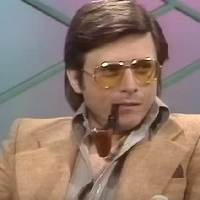Kazinczy Ferenc typ osobowości MBTI
Osobowość
"Jaki typ osobowości jest {profilename}? {profilename} jest typem osobowości {mbti} w mbti, {enneagram} - {iv} - {tritype} w enneagram, {big5} w Big 5, {sociionics} in Socionics."
He’s not INTP. The man’s whole figure in Hungarian literature represented a strong and ruthless emphasis on neologism, the renewal of the Hungarian language’s vocabulary and composition, to strengthen the culture, which he saw as the means for survival and progress. Unlike Kölcsey, though (probably a high Ti user), who broke down the nature of society and men in it, to explain why such a change needed to happen in that particular moment, Kazinczy’s logic was simply “we evolve or we die as a nation”. Usually he left it at that, he had a very blunt, straight-to-the point and inductive logic: (Amateurish translation of a random poem from him) “Do good, and do it well, that’s where the big secret is found If you don’t understand this; plough, sow, and leave the sacrifice to others” —> Assesses people’s role in society based on their abilities and competence. In his eyes, if you are to fulfill requirements, you have to suit certain criteria, otherwise your place in the hierarchy has to be one with lower responsibility and fewer opportunities. He thought you had to bring something objectively measurable to the table to eat from it. If he was INTP, he’d still have: 1) Auxiliary Ne with some preference of variety, which cannot be found in him. He became tunnel-visioned and radical about his ideas. 2) Some value of Fe, aka making things digestible through careful analysis, but he made many enemies along his road. Zero concern of what the collective wanted or how they reacted to his propositions. Kazinczy was the ENTJ archetype in Hungarian literature, maybe along with Zrínyi Miklós.
Biografia
Ferenc Kazinczy (in older English: Francis Kazinczy, October 27, 1759 – August 23, 1831) was a Hungarian author, poet, translator, neologist, the most indefatigable agent in the regeneration of the Hungarian language and literature at the turn of the 19th century. Today his name is connected with the extensive Language Reform of the 19th century, when thousands of words were coined or revived, enabling the Hungarian language to keep up with scientific progress and become an official language of the nation in 1844. For his linguistic and literary works he is regarded as one of the cultural founders of the Hungarian Reform Era along with Dávid Baróti Szabó, Ferenc Verseghy, György Bessenyei, Mátyás Rát and János Kis.
Osobowość correlate
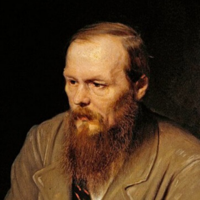
Fyodor Dostoevsky
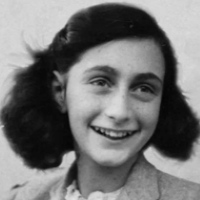
Anne Frank
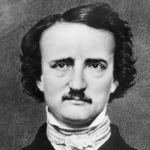
Edgar Allan Poe

William Shakespeare
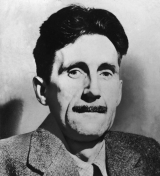
George Orwell
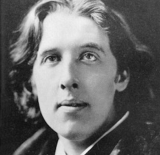
Oscar Wilde
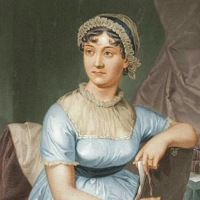
Jane Austen
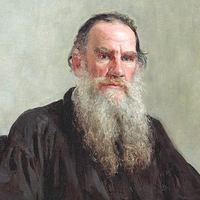
Leo Tolstoy (Лев Толсто́й)

